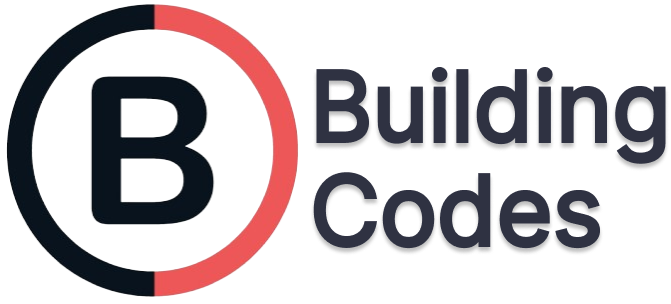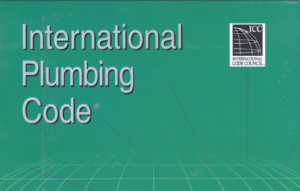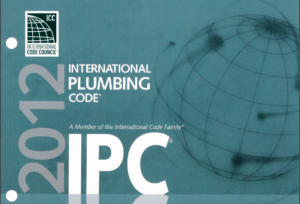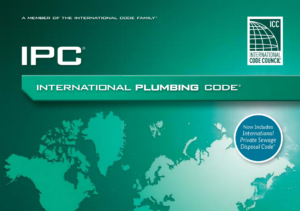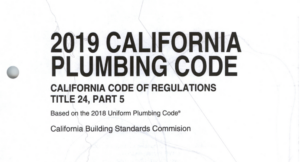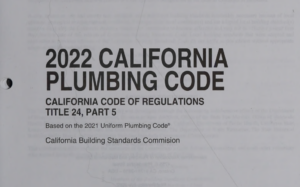The 2006 Washington State Building Code Chapters 51-56 and 51-57 WAC establish plumbing standards under the Uniform Plumbing Code, adopted by the Washington State Building Code Council. This adoption is pursuant to Chapters 19.27 and 70.92 RCW, with initial legislative reference dating back to 1974. The State Building Code Council took over the responsibility for adopting and amending these codes in 1985. These chapters supersede previous plumbing codes, ensuring uniform regulations for design and installation throughout Washington. The codes include standards for various aspects, including plumbing, mechanical systems, and residential construction, and ensure consistency with other state codes like the International Building and Residential Codes.
The State Building Code Act outlines the precedence among various codes, stating that in case of conflict, an earlier named code takes precedence. Local jurisdictions must enforce the codes and may amend them, provided they maintain minimum performance standards. Amendments can address local conditions but are limited concerning accessibility and energy codes. Each year, the State Building Code Council reviews proposed amendments, with statewide changes accepted based on formal submissions by March 1. Local amendments, especially for residential buildings, require approval from the Council.
The code’s implementation began on July 1, 2007, requiring local jurisdictions to follow its guidelines. Building permit fees support the State Building Code Council’s activities, with specific fees imposed on permits issued by cities and counties. The fees exclude plumbing, electrical, and mechanical permits and other specified installations. Additionally, the Council provides interpretations upon request, though final enforcement authority rests with local officials. The code emphasizes maintaining national standards for safety, health, and sustainability while allowing for local adaptation where necessary.
